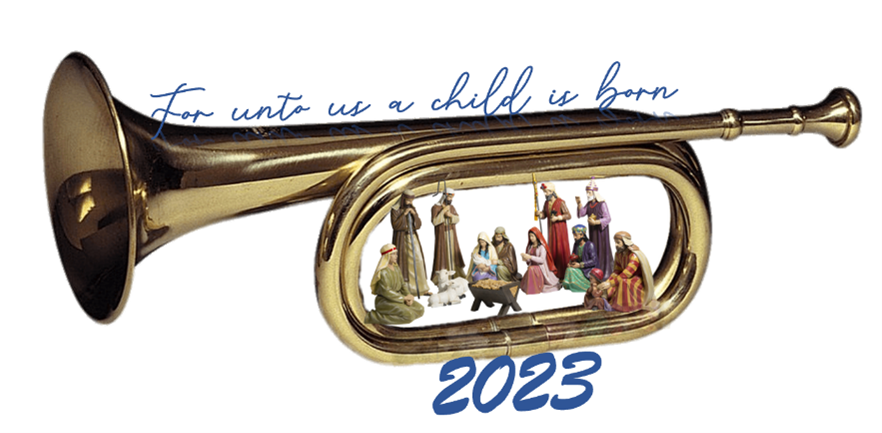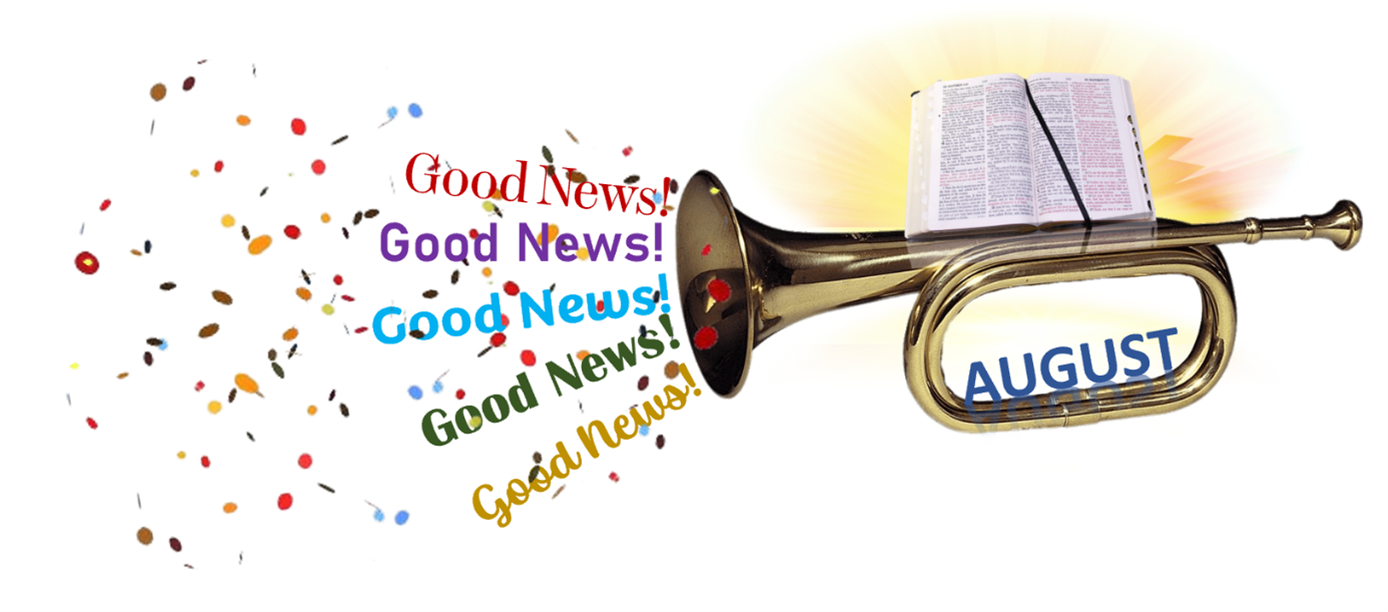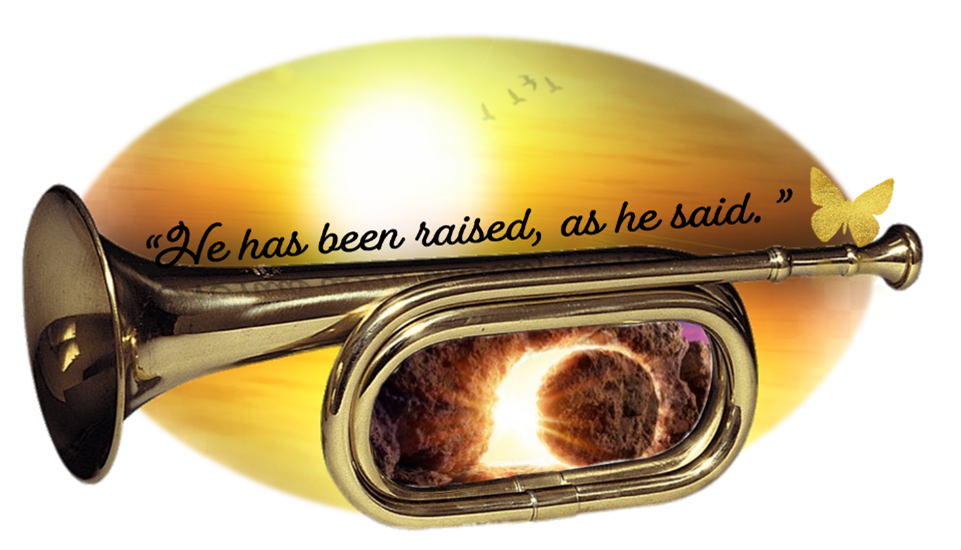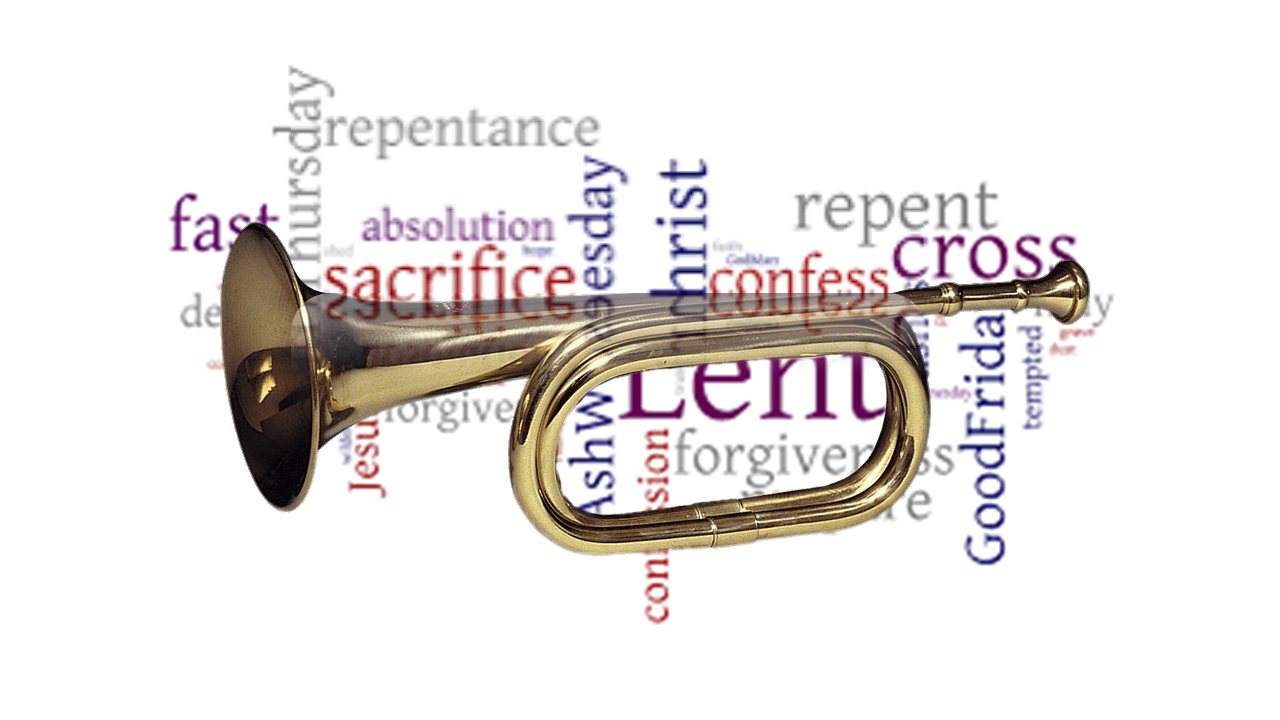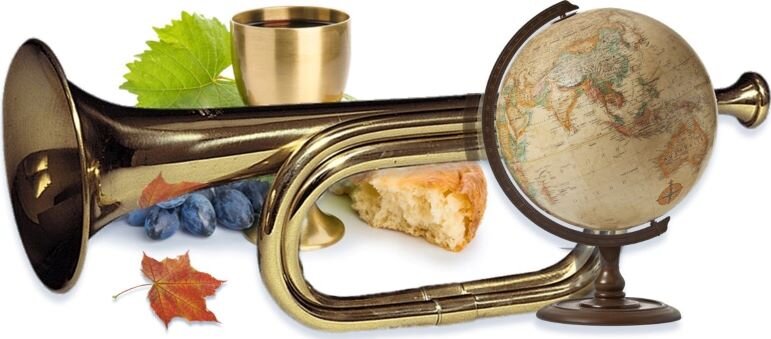A coworker with the City of Los Angeles once asked me, “How long have you been a Christian?” I answered, "I think I was born this way." I wasn’t trying to be flippant, nor was it a tongue-in-cheek reference to the Lady Gaga song – a song I’ve never actually heard. I honestly can't remember a time when I didn't consider myself Christian!
Even though I don't remember my parents or my siblings being big churchgoers when I was a child, at least after we moved to California, I suspect that Christianity is in my DNA. My paternal grandfather, Athel Daugherty, was a lay leader in what Daddy described as "a little country church." Daddy's best friend in Tennessee, Elmer Seals, was a Baptist preacher. My mother's family were Baptist, although she was Presbyterian.
These are some of my early memories: walking to church after a rain and being horrified when I dropped my white King James Bible, a gift from my uncle and aunt for my third birthday - zippered closed, fortunately! - into the gutter; fantasizing about teaching all the dogs to speak English so I could tell them about Jesus, and then take them on a spaceship to a distant planet where they could live happily as good, Christian dogs. (This latter story, I realized several years ago, represents my first "call to ministry!") I remember putting my pennies in the offering plate in Sunday School and memorizing scriptures for the Sunday School pageant and Christmas program. I remember singing in the Children’s Choir at Grace United Methodist Church in Long Beach.
And speaking of Grace UMC, I think I had been in California for about a year when I realized it was almost Easter and I needed to find a church. (Ironically, the classmate I counted on to point me in the right direction - naively assuming that everyone went to church - named a church that she herself rarely attended.) I was a Methodist, and then a United Methodist, from around age nine to age fourteen, when I wandered into the Christian Church (Disciples of Christ.) I still had only a vague concept of the differences between denominations; I just considered myself Christian. I have to believe the Holy Spirit guided my steps into a denomination that is determinedly non-creedal.
As a teenager, I attended at least three different Bible studies, one held in the home of a Presbyterian (PCUSA) youth pastor, one held in the quad of my high school during our lunch break, and another at my home church, East Side Christian Church (Disciples of Christ) in Long Beach, a church that has sadly since closed. I’ve read the Bible cover-to-cover so many times I can’t count them, although that doesn’t mean that I’m a Biblical scholar!
I have been interested in learning about non-Christian religions probably ever since I discovered that Christianity isn’t the only religion in the world. (Imagine how delighted I was to find out that our 12-year-old grandson, Jacob, who is Roman Catholic, is also interested in learning about other religions!) When I was in elementary school our youth group visited the Reformed Jewish synagogue just a short walk from Grace UMC. I visited a Kingdom Hall of Jehovah’s Witnesses as they remembered Christ’s death, the only time of the year when they have communion, which is only actually available for eating and drinking by those who are part of the 144,000. I also attended gatherings of Nicheren Shoshu Buddhists with a high school friend.
I'm still fascinated to learn about the beliefs and practices of people who don't believe or practice their faith the way I do, and even – sometimes – to read their sacred texts. I've worshipped with Christians and Non-Christians: Jews and Jehovah's Witnesses, Buddhists and Bahais, and of course Muslims. I've learned a lot and respect other people’s beliefs – realistically, there were differences in theology even in the First Century Church.
I’ve never been tempted to convert to a religion other than the one that has made me who I am. Still, I am confident that the Holy seeks a way to reach each of us in whatever way is most fitting for that individual’s context, and I honor and celebrate the ways my friends respond to that call, or push, from God.
Maybe my story is the story of God preparing me for my call to pastor First Christian Church in Lompoc, a church that I knew would be a perfect fit as soon as I heard that it hosts the Islamic Center… a church that is filled with loving, caring, generous people… a church full of people who love God. Thank you, and thank God, for the honor and the joy of being your pastor.
Pastor Mary Jo

